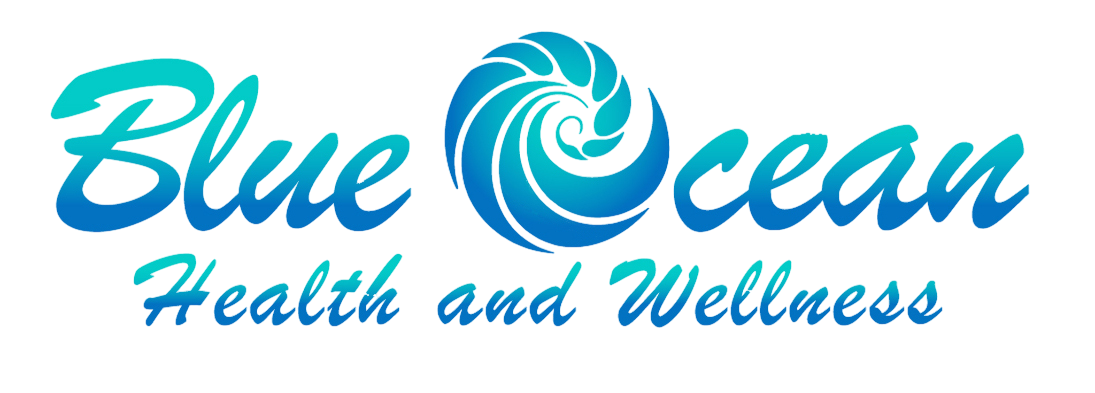Vitamin D3 provides many health benefits: it maintains bone density, boosts the immune system and heart health and also improves mood. Vitamin D3 is found in some foods and is made by the skin when exposed to the sun.
Immunity
Research has shown that vitamin D3 may help protect against acute respiratory infections and pneumonia, especially in older individuals and those with low Vit D levels. Research is also underway on the possible effects of Vit D3 against Covid-19.
Mood
Studies have shown that people with clinical depression tend to be vitamin D deficient. Increasing Vit D levels have been found to alleviate symptoms of depression. Seasonal affective disorder (SAD) in the darker months may have a link to Vit D deficiency.
Cardiac Health
Studies have found that individuals with obesity and high blood pressure tend to have lower vitamin D levels. Some research suggested that the vitamin can help lower blood pressure. Other studies have shown that people with lower vitamin D levels have a higher risk of stroke and heart attack.
Vitamin D3 Deficiency
Vitamin D deficiency is common in Australia, with over one in three adults having a mild, moderate, or severe deficiency. The deficiency is more pronounced in the southern parts of the country, where nearly half the population is insufficient. Research shows that over a billion people worldwide have a vitamin D deficiency. Frequent use of sunscreen, limited sun exposure (working indoors), seasonal factors (winter), obesity and/or diabetes, older age (over 65 years old) and darker skin pigmentation can contribute to low levels of Vit D3.
Symptoms and associated conditions include:
- Arthritis
- Eczema
- Depression
- Fatigue
- Hair loss
- Hypertension
- Inflammation
- Low immunity
- Muscle weakness and aches
- Weak bones (osteoporosis)
Treatment
The best ways to increase vitamin D3 levels include taking oral supplements, increasing sun exposure, and eating foods rich in Vit D.
Foods containing Vit D3 are mostly animal sourced:
- Red meat, liver
- Oily fish like salmon, sardines, and herring
- Cod liver oil
- Egg yolks, butter, cheese
- Fortified foods like breakfast cereals and milk (with added Vit D)
- Fortified almond, oat and soymilk (with added Vit D)
Vit D3 supplements are readily available over the counter, although quality and cost can vary. Vit D3 products include liquids, capsules, chewable tablets and gummies.* Vitamin D3 is generally safe to take at recommended levels, but prolonged overdosing can have serious toxic effects.
The RDA (recommended daily allowance) of Vit D is 800 IU per day. Note: this is the minimum daily allowance.
Safe levels of sun exposure need to be balanced with the risk of skin cancer, especially in lighter skin types. The Australian Cancer Council has published guidelines for sun exposure versus protection.**
A simple blood test will confirm Vit D3 status. If a supplement is needed for Vit D deficiency, discussion with a health professional is recommended.
Additional resources
https://www.verywellhealth.com/vitamin-d-deficiency-2224209
https://www.verywellhealth.com/calcium-vitamin-d-bone-health-5084082
https://www.healthline.com/nutrition/best-vitamin-d-supplements
https://www.cancer.org.au/cancer-information/causes-and-prevention/sun-safety/vitamin-d
